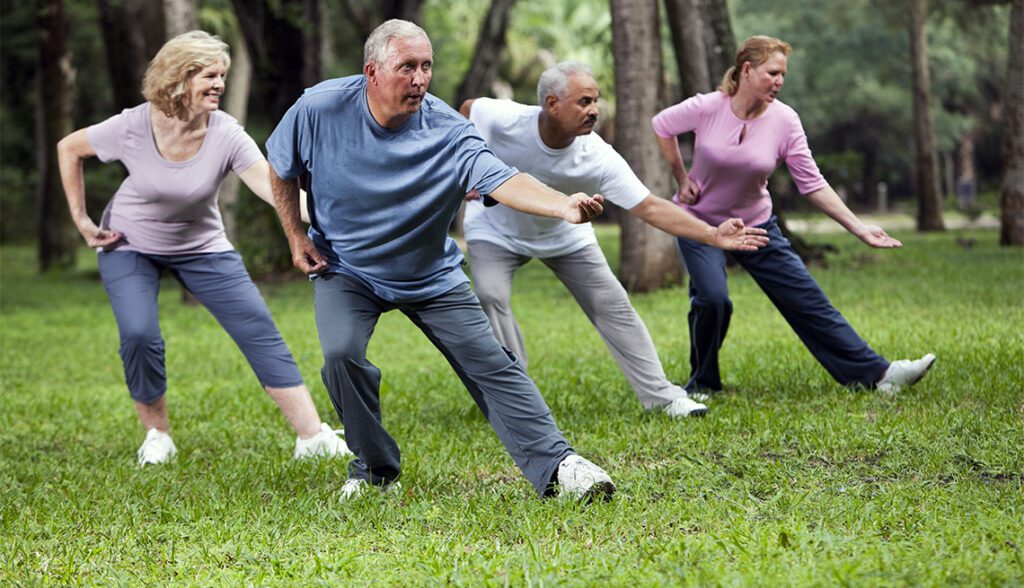
As we age our mobility will change. Over time,muscle mass and bone density diminish, joints become less flexible with time, and these changes can lead to increased risk of falls. Falling poses a significant risk for the health and wellbeing of many, especially those with weakness in their lower body, vision problems. This creates a dangerous environment of possible trip hazards around the house like loose rugs or cords. According to the CDC, “more than one out of four older people falls each year, but less than half tell their doctor. Falling once doubles your chances of falling again,”. On top of how unfortunately common falls are, they are also dangerous to health and wellbeing.
According to the CDC, one out of every 5 falls results in a serious injury such as broken bones, fractured hips, and head injuries as well as creating a fear of falling. This fear of injury from falling is enough to make many cut back on physical activity, which can in turn make you more at risk of falls. While falls are detrimental, preventing them can be more than simply reducing hazards around the house and using aids. Falls can also be prevented through physical training and improving balance, however many training regimens published can be too difficult or rigorous for those with mobility limitations. Tai Chi on the other hand is much less vigorous, using softer movements at a much slower pace.
Tai Chi is a form of martial arts from ancient China with many styles, however the modern sequences of forms we see today were developed by Chen Wengting in 1670, into the Chen style. While the Chen style is more strenuous than other forms of Tai Chi, gentler styles include Sun, Yang and Wu which are more suitable for those with arthritis and other limitations. Tai Chi greatly improves physical wellbeing in many aspects, strengthening ankles, legs, improving flexibility and balance which greatly reduces the likelihood of a fall.
Tai chi also has great mental health benefits, as it can reduce depression and anxiety and even improve emotional stability. Those who regularly practice Tai Chi can also see improvements in cognitive function as physical benefits, “Tai chi appears to improve executive function—the ability to multitask, manage time, and make decisions—in people without any cognitive decline. In those with mild cognitive impairment, tai chi slowed the progression to dementia more than other types of exercise…”. While falls can be detrimental to overall health, the practice of Tai Chi can present as a way to prevent falls from occurring on top of improving overall health.
WellPath Partners is your senior resource referral guide. Follow us on ALL social media platforms and join us weekly for more content and public health discussions.
By: Eileen Brown
Health Science Student at California State University, Long Beach
